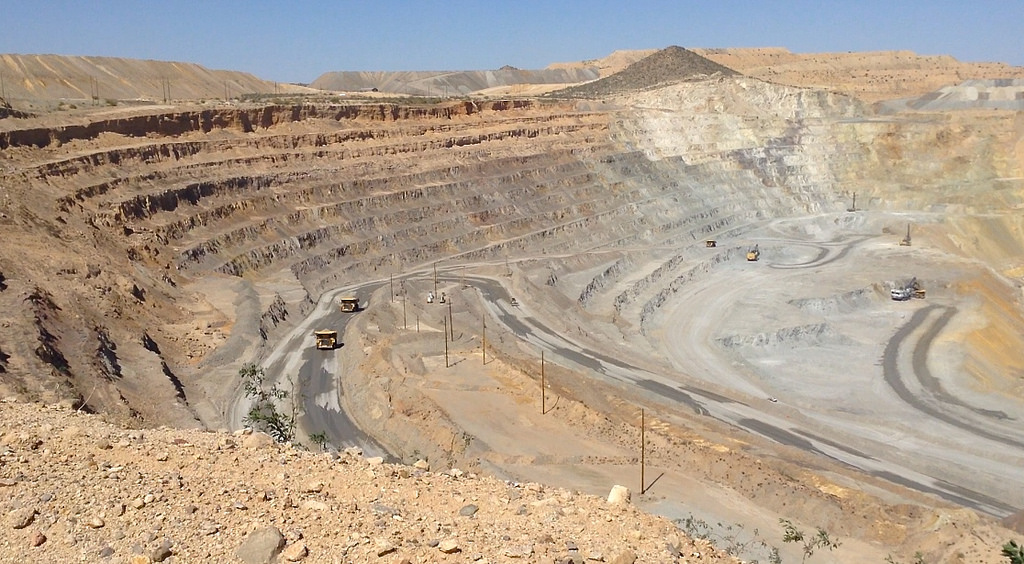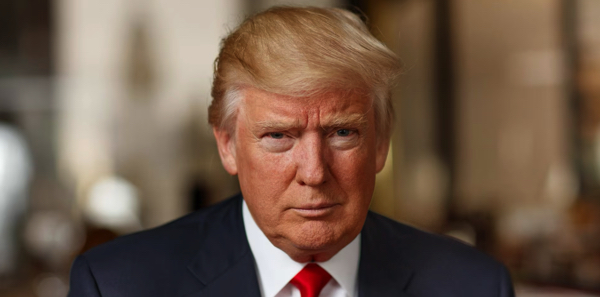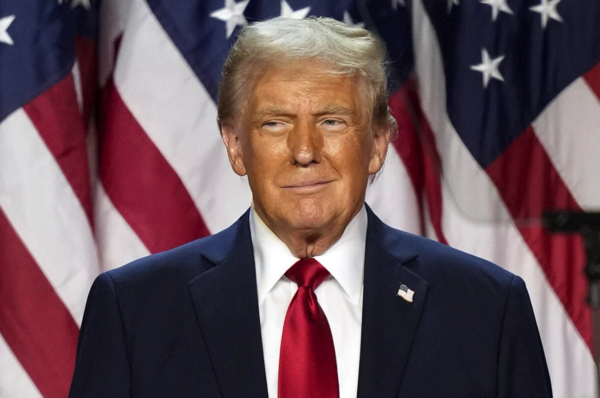 Parler
Parler Gab
Gab
- The U.S. is aggressively pursuing Congo’s cobalt, copper, and lithium reserves, challenging China’s long-standing monopoly.
- A U.S. consortium, including firms led by former military executives, is bidding for Chemaf Resources, a major cobalt and copper operator.
- Bill Gates- and Jeff Bezos-backed KoBold Metals secured exploration rights for the Manono lithium deposit, despite legal disputes.
- A U.S.-brokered “minerals-for-security” deal between Congo and Rwanda aims to stabilize the region while granting American firms mineral access.
- China, deeply entrenched in Congo’s mining sector, is pushing back, reaffirming its “non-interference” policy and economic commitments.
- Analysts warn the U.S. is playing catch-up after years of ceding critical mineral assets to China.
The scramble for cobalt: A battleground for supremacy
Cobalt is the lifeblood of modern technology — essential for electric vehicle batteries, smartphones, and defense systems. And the DRC holds roughly 70 percent of the world’s supply. For years, Chinese firms like China Molybdenum (CMOC) have dominated the market, snapping up key mines from Western companies that once controlled them. In 2016 and 2020, U.S.-based Freeport-McMoRan sold the Tenke Fungurume and Kisanfu projects to CMOC, effectively handing China the keys to the kingdom. But now, the Trump administration is reversing course, shifting from passive environmental concerns to aggressive national security strategies. “Rather than a focus on ESG or ‘green growth,’ the focus is now on national defense and self-sufficiency in critical mineral access,” said Chris Berry of House Mountain Partners. The US is no longer content to rely on China for materials that power its military and economy. Instead, it’s deploying corporate alliances, political pressure, and even military-linked deals to reclaim lost ground.The U.S. counteroffensive: Deals, diplomacy and desperation
Last year, Washington reportedly pressured Kinshasa to block China’s Norin Mining from acquiring Chemaf Resources, a major player in Congo’s copper-cobalt sector. Now, a U.S. consortium — including firms with ties to former military leaders — is bidding for Chemaf’s operations, particularly the Mutoshi project, a critical cobalt and copper asset. Meanwhile, KoBold Metals, backed by tech billionaires, secured exploration rights for the Manono lithium deposit, despite a bitter legal dispute with Australia’s AVZ Minerals. These moves follow a U.S.-brokered “minerals-for-security” agreement between Congo and Rwanda, ostensibly aimed at stabilizing eastern Congo’s long-running conflict. But critics argue the deal is a thinly veiled play for mineral access, offering peace in exchange for American corporate profits. Joseph Cihunda, a law professor at the University of Kinshasa, warns that Congo risks becoming a pawn in a larger geopolitical struggle. “Even in Congolese public opinion, they do not want such a confrontation,” he said.China’s counter punch: Diplomacy and defiance
Beijing isn’t backing down. Chinese Ambassador Zhao Bin recently dismissed claims that China had neglected Congo, declaring, “We have neither treated the DR Congo as a bargaining chip nor imposed any discriminatory measures against it.” He emphasized China’s “non-interference” policy while highlighting military aid, economic support, and trade partnerships. But behind the diplomatic rhetoric, China is fighting to maintain its monopoly. With billions invested in Congolese mines, infrastructure, and political alliances, losing ground to the US would be a devastating blow. Sun Yun of the Stimson Center notes that while the U.S. is catching up, China’s deep entrenchment in Congo’s mining sector won’t vanish overnight. “China has a strong presence in the DR Congo, and I don’t see that abating any time soon,” said Berry. The battle for Congo’s minerals is far from over. As the U.S. ramps up its efforts, China is doubling down, ensuring its grip on the world’s most valuable resources remains unshaken. For Congo, caught between two superpowers, the stakes are existential. Will it become a battleground for foreign interests, or can it leverage its riches for true sovereignty? One thing is certain: the era of unchallenged Chinese dominance is ending. The U.S. is back in the game — and it’s playing to win. Sources include: Zerohedge.com SCMP.com Enoch, Brighteon.aiShield Arms unveils modular pistol system: Glock-compatible firearms with aluminum frames
By Finn Heartley // Share
Trump’s $50B tariff policy shakes global markets as U.S. eyes manufacturing dominance
By Willow Tohi // Share
Aging is inevitable but suffering is optional
By Lance D Johnson // Share
ICE launches historic hiring blitz with $50K bonuses amid border crisis
By Ava Grace // Share
Trump vows to issue executive order to stop “debanking” of conservatives
By Laura Harris // Share
Governments continue to obscure COVID-19 vaccine data amid rising concerns over excess deaths
By patricklewis // Share
Tech giant Microsoft backs EXTINCTION with its support of carbon capture programs
By ramontomeydw // Share
Germany to resume arms exports to Israel despite repeated ceasefire violations
By isabelle // Share










